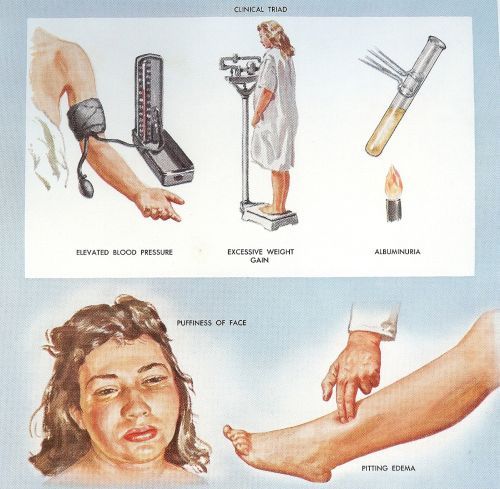Did you know 3-8% of pregnancies are complicated by high blood pressure (hypertension)?
Clinical Features of Pre-eclampsia
High blood pressure needs to be documented at 140/90 mmHg on 2 occasions. Severe headaches, visual disturbances or severe heartburn may be a sign of pre-eclampsia. Oedema (or swelling) of the ankles, hands and face may also develop. Protein excreted in urine is a laboratory feature.
Basic investigations will include blood pressure measurements, blood and urine tests, and checking the baby with an ultrasound or heart rate monitoring
Types of hypertension in pregnancy:
- Gestational hypertension
- This is a benign condition where high blood pressure develops in a pregnancy but there are no other signs of pre-eclampsia
- Chronic hypertension
- This is where a pregnant woman has known high blood pressure before her pregnancy
- Pre-eclampsia
- This is the condition which concerns most obstetricians – the clinical features are listed below – in it’s worst form, pre-eclampsia can make the mother and baby very sick – it can even cause convulsions, a condition called eclampsia
- Pre-eclampsia superimposed on chronic hypertension
- This is where a pregnant woman who has known high blood pressure develops other features of pre-eclampsia
Risk factors for pre-eclampsia
- Maternal age > 40
- First pregnancy
- Pregnancy with a new partner
- Previous history of pre-eclampsia
- Family history of pre-eclampsia
- Multiple pregnancy e.g. twins
- Maternal medical conditions e.g. chronic hypertension, renal disease, diabetes mellitus

Management of High Blood Pressure
This will depend on how severe the clinical features are, the stage of the pregnancy and other variable factors.
Mild hypertension can be controlled with medications, but more severe pre-eclampsia involves delivery of the baby and other stronger medications.



